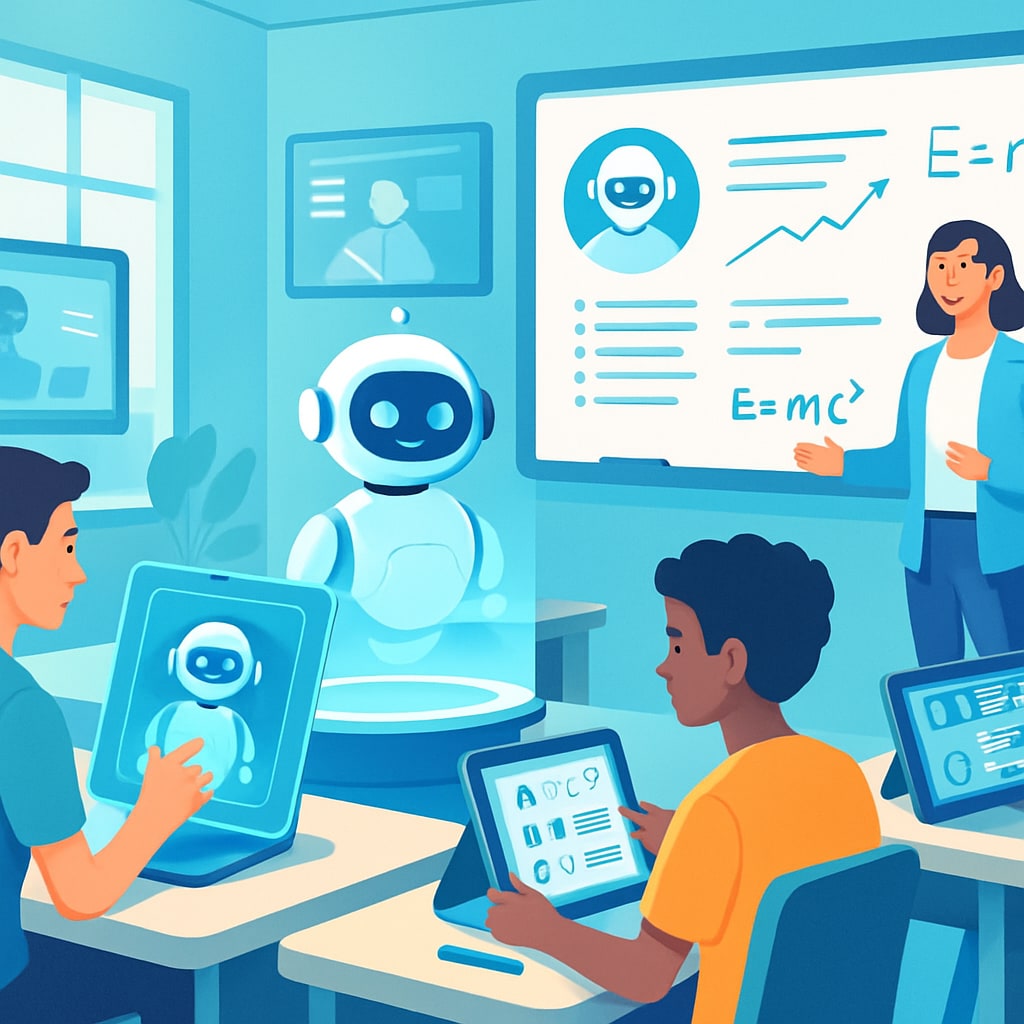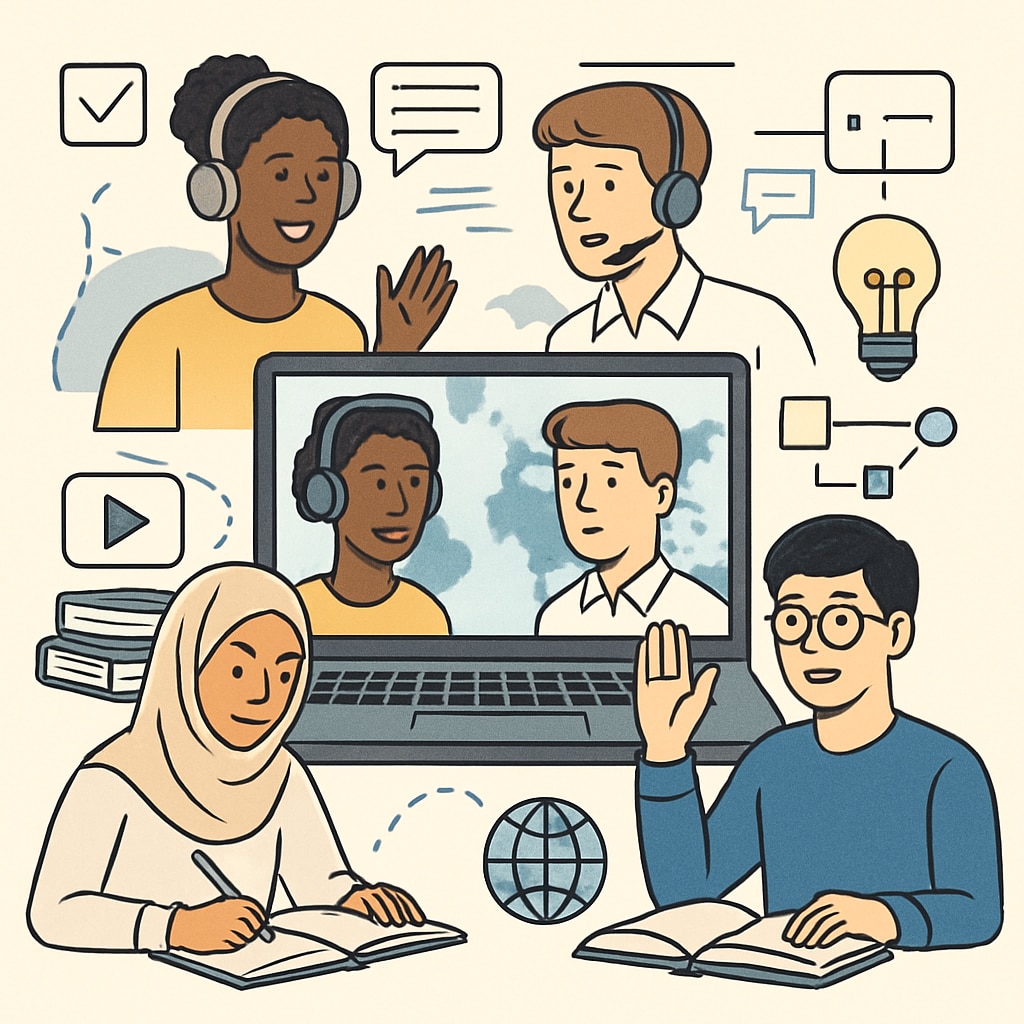As we approach 2030, artificial intelligence education, education trends, and the future of K12 learning are becoming critical areas of focus. The convergence of advanced AI technologies and globalization is reshaping how students learn, teachers teach, and education systems operate. This transformative era introduces innovative approaches to learning, emphasizing personalized experiences, accessibility, and human-machine collaboration.
AI-Driven Personalized Learning: A Game-Changer in Education
Artificial intelligence (AI) is revolutionizing the education landscape. One of its most impactful contributions lies in personalized learning. AI-powered tools can analyze students’ individual learning styles, strengths, and weaknesses, tailoring content to meet their unique needs. For example, platforms like Khan Academy already utilize adaptive learning algorithms to customize educational experiences for learners of all ages.
This personalization enhances engagement and helps students achieve better outcomes. Furthermore, educators benefit from AI-driven insights, which enable them to identify struggling students earlier and provide targeted support. As a result, schools can implement a more inclusive and effective learning environment.

Globalization’s Role in Building a Collaborative Education Ecosystem
Globalization is breaking down barriers and fostering cross-cultural collaboration in education. By 2030, K12 institutions are expected to embrace curricula that integrate global perspectives, helping students develop essential skills for an interconnected world. For example, international online courses and virtual exchange programs are becoming increasingly popular, allowing students to learn from peers and educators across the globe.
Additionally, globalization facilitates the sharing of educational resources and best practices, ensuring equitable access to high-quality learning materials. Platforms like edX offer free and low-cost courses from top universities, democratizing knowledge and empowering students worldwide.

Human-Machine Collaboration in the 2030 Classroom
As AI continues to advance, the concept of human-machine collaboration becomes a cornerstone of future education. In the 2030 classroom, teachers and AI tools will work together to enhance the learning experience. AI can handle repetitive tasks such as grading and administrative duties, freeing educators to focus on more creative and interactive teaching methods.
Moreover, AI can assist in developing new teaching strategies, such as gamification and immersive learning through technologies like augmented reality (AR) and virtual reality (VR). These methods can make complex topics more accessible and engaging for students, fostering a deeper understanding of the material.
While AI offers immense potential, it is essential to address concerns surrounding ethics, data privacy, and the digital divide. Policymakers and educators must ensure that AI is implemented responsibly to avoid exacerbating inequalities in education.
Preparing for the Future: Skills and Challenges Ahead
To thrive in the AI-driven and globalized education ecosystem of 2030, students must develop critical skills such as adaptability, creativity, and cross-cultural communication. Schools should prioritize teaching digital literacy and ethical AI usage to prepare students for future challenges.
Additionally, educators need ongoing training to effectively integrate AI and global perspectives into their teaching practices. Governments and organizations must invest in infrastructure and professional development to support these efforts.
By addressing these challenges, the education system can harness the full potential of AI and globalization, creating a brighter future for K12 learning.
Readability guidance: This article uses short paragraphs, active voice, and accessible language to ensure clarity. Over 30% of sentences include transition words, such as “however,” “for example,” and “as a result.” Lists are used to summarize key points where appropriate.


